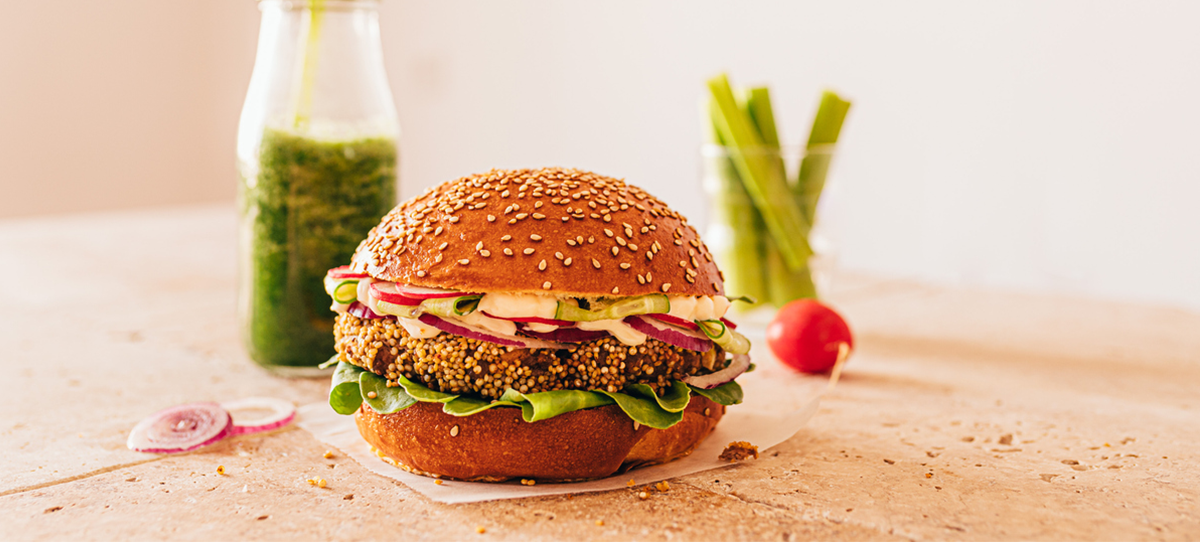Meat alternatives have been booming in recent years, with brands promising all the benefits of meat…without the meat. Targeted at an audience becoming increasingly environmentally & health conscious, these brands promise a no-compromise alternative to their carnivorous favourites. However, at a time where many are becoming more conscious of their finances, are meat alternatives beginning to lose their shine?
Whilst they may be deliberately positioned as alternatives to meat, looking at cost per kilo, you can quickly see that these are at a much higher premium. The Vegetarian Butcher’s ‘What the Cluck’ will set you back £18.75/kg which is over double the price of 2 Chicken breasts at £8.50/kg. This original positioning was a useful and inventive lever to entice the flexitarians and hesitant vegetarians who were wanting a product as close to meat as possible (with the health and environmental benefits of not being meat). But as people start to feel the squeeze of the cost of living crisis, and the price of meat now being significantly cheaper than the meat alternatives, these efforts in favour of sustainability & health are being overruled by the emotional and functional needs of getting a good meal on a budget, and keeping mealtimes fun & interesting. This isn’t a unique issue for the world of meat alternatives as discussed at DTAG’s sustainability summit here.
This price comparison is even more stark when you compare these meat alternatives to their vegetable counterparts, still packed with protein and better for the planet. The more hardcore vegans & vegetarians of this world, can uphold their principles and values with humble veg at a fraction of the cost…provided they know how to cook.
Look at Veganuary – a time where the meat alternative market traditionally sees an uplift in new consumers looking to eat healthier and lean into new dietary resolutions. This January, a million fewer households bought meat-free products than in 2022 and those that participated fell at the starting hurdles – only 3 out of 10 participants in this year’s Veganuary successfully made it through the first 2 weeks!
Starting new routines can be hard, however for the 40% of those who stopped it wasn’t the challenge of adjusting their diets that inhibited them. Instead, the impact of prices was cited as the discouraging factor. Flexitarians and vegetarians looking to integrate meat-free products into their diets found these alternatives too expensive to continue with their Veganuary efforts and so moved back to either eating meat or more traditional veg options.
Having originally experienced a boom in popularity in recent years, the meat alternative market is at a crossroads – which begs the question, will the category bounce back as people’s confidence in the economy increases or is this a real blow with lasting ramifications? As the market for these products begins to falter, manufacturers will need to find innovative ways to lower prices while still delivering high-quality and nutritious products which offer truly distinct benefits to lowly veg.


